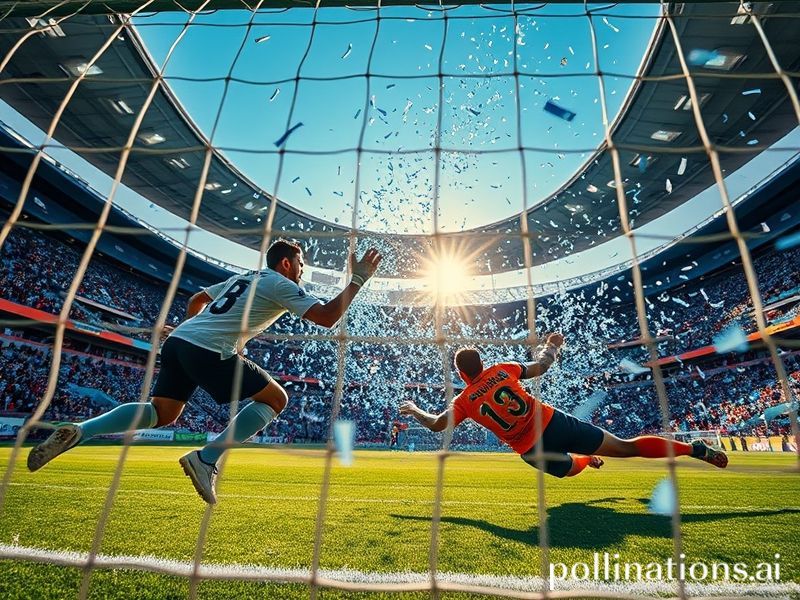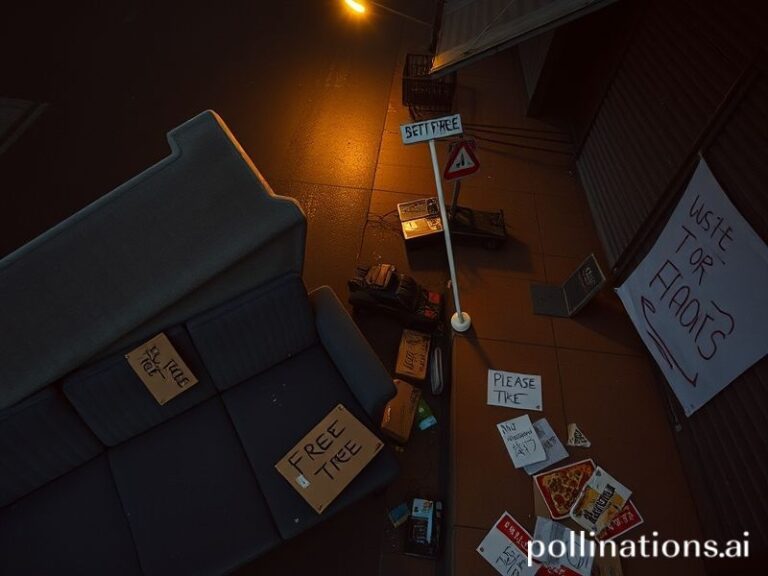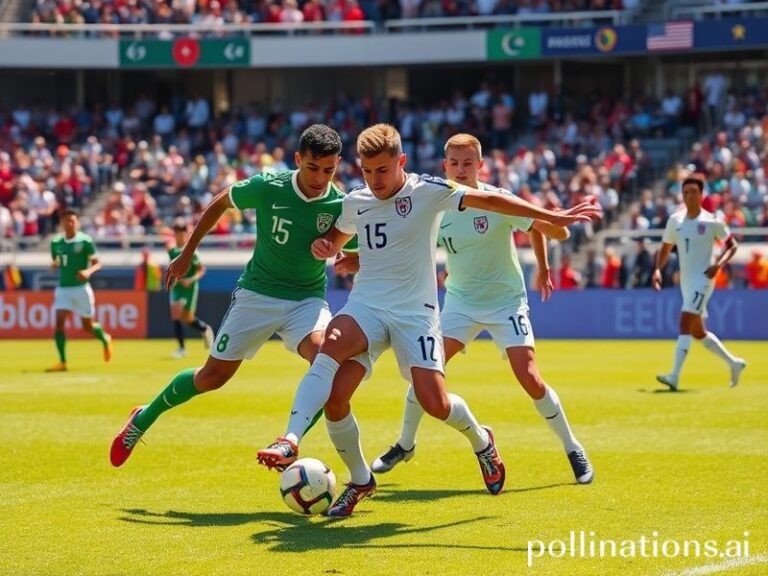São Paulo vs LDU Quito: When South American Football Became a Beautiful, Pointless Metaphor for Everything Wrong with Modern Sports
**The Beautiful Game’s Ugly Truth: When São Paulo Met LDU Quito and Football Remembered It’s a Business**
In the grand theater of South American football, where passion typically trumps reason and fans would rather miss their mother’s funeral than a derby match, São Paulo’s recent encounter with LDU Quito served as a delightful reminder that the beautiful game has all the elegance of a cryptocurrency seminar these days.
The match itself—another installment in CONMEBOL’s increasingly baroque continental competitions—featured two clubs separated by 2,700 kilometers, several tax brackets, and fundamentally different approaches to the modern football arms race. While São Paulo operates with the casual entitlement of a club that forgot it’s been 13 years since their last continental triumph, LDU Quito arrived with the desperate energy of a team whose entire economy depends on not embarrassing itself internationally.
For the uninitiated, this wasn’t merely 22 millionaires chasing an inflatable sphere. This was a geopolitical metaphor wrapped in Nike and Adidas, a clash representing two nations whose relationship with football mirrors their broader economic trajectories. Brazil, that eternal country of the future, fielding a squad whose transfer valuations could probably fund Ecuador’s education budget for a semester. Ecuador, meanwhile, demonstrating that even small nations can produce players capable of eventually moving to mid-table English clubs nobody’s heard of.
The global implications are, naturally, earth-shattering. Somewhere in Europe, a scout updated his Excel spreadsheet. In Qatar, an oil executive wondered if he could buy the entire Ecuadorian league for his nephew’s birthday. And in the United States, four people watching on a streaming service questioned why the commentary wasn’t in English—a demographic CONMEBOL considers their growth market, because nothing says “expanding the game” like Americans discovering sports other countries actually care about.
What makes these encounters particularly poignant is how they expose football’s pretensions toward meaning. Each match represents approximately 90 minutes of choreographed anxiety, where grown adults derive existential significance from events they cannot control, performed by people who will earn more this week than most spectators will see in a decade. The fans—those magnificent, deluded creatures—maintain the fiction that their emotional investment matters, that their presence somehow influences millionaires who couldn’t find their city on a map without GPS.
The real winner, as always, was the apparatus itself. Broadcasters sold advertising to companies selling products nobody needs. Betting platforms extracted rent from people who believe mathematics is a matter of opinion. And social media transformed every refereeing decision into evidence of continental conspiracy, because nothing quite unites humanity like shared persecution complexes.
Between the lines, São Paulo versus LDU Quito represented something beautifully pointless: a contest where the stakes exist primarily in our collective imagination, where we pretend tribal loyalties based on geographic accidents somehow reflect moral character. The players, mercenaries with exceptional cardiovascular systems, performed their roles with professional detachment, aware that today’s enemy might be tomorrow’s teammate in some European backwater willing to pay in Euros.
As the final whistle blew and another set of statistics entered the digital void, one could almost hear the sound of civilization gently snoring. Another match completed, another step toward the heat death of the universe, another opportunity for people to mistake entertainment for purpose.
The beautiful game, indeed. Beautiful like a sunset over a landfill—temporarily stunning, ultimately meaningless, but sufficiently distracting until the bills come due.







